You won’t be receiving optional Windows 10 updates from May
2 min. read
Published on
Read our disclosure page to find out how can you help Windows Report sustain the editorial team. Read more
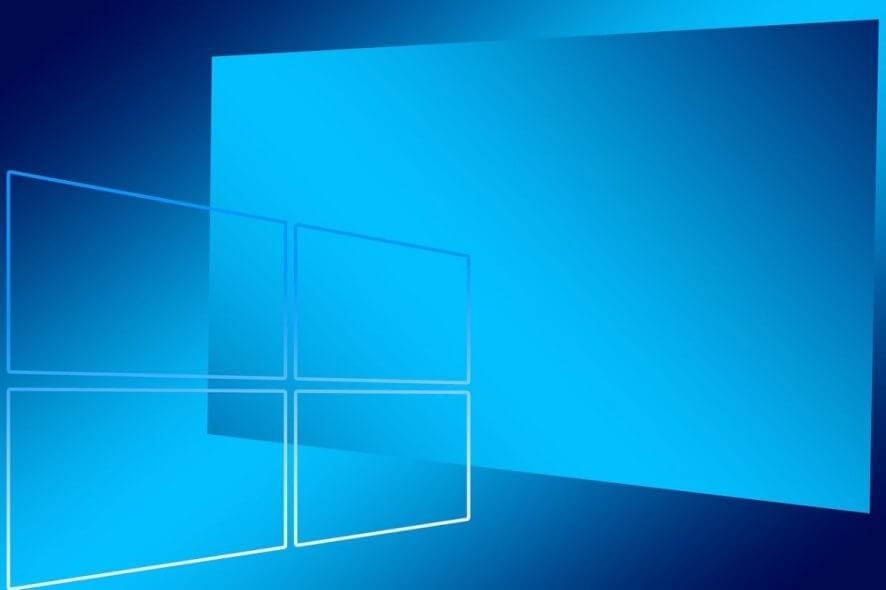
The global COVID-19 pandemic has impacted enterprises and their customers in major ways. Microsoft and Windows 10 users are no exception.
No wonder the company announced that it will not be releasing optional non-security updates for the OS as from May.
Affected update categories
Microsoft will be halting the release of class C and D updates. The files are always available for manual download the third and fourth weeks of the month. You may also get them via a Windows Update, although you still have to initiate the installation yourself.
Starting in May 2020, we are pausing all optional non-security releases (C and D updates) for all supported versions of Windows client and server products (Windows 10, version 1909 down through Windows Server 2008 SP2).
Class C and D updates are preview releases that Microsoft uses to provide visibility and testing of the scheduled non-security upgrades for the next month.
They are optional, meaning that not all users download them every time. There is usually no harm in not installing the updates because they do not resolve Windows 10 security issues.
With that said, optional updates do fix vital OS problems sometimes, so their unavailability will impact some users for sure. For example, a Windows 10 hardware issue, such a soundcard malfunction, may not always go away without a patch.
In other cases, Windows 10 apps or features like Search have glitches that require an update to fix.
Users avoid such issues by always backing up their files and data before a executing a major Windows 10 upgrade.
The pause is temporary though. So, the updates may resume as soon the COVID-19 situation allows Microsoft operations to return to normal. Hopefully, that comes sooner, rather than later.
Patch Tuesday updates remain available
Microsoft said that it will continue releasing Patch Tuesday files on schedule. These are mandatory upgrades that fix identified Windows 10 security issues.
It is easy to understand the company’s decision to prioritize OS security in the wake of the coronavirus disease.
The pandemic has changed how people work, with tens of thousands of Microsoft employees working from home. It also affected the availability of workers and the ability to quickly mobilize resources.
In the meantime, the Microsoft Edge team also is suspending updates to the Chromium-based browser.
Google made a similar move in reaction to changing work schedules. The company announced that it will not be releasing Chrome 81 to stable in the foreseeable future.
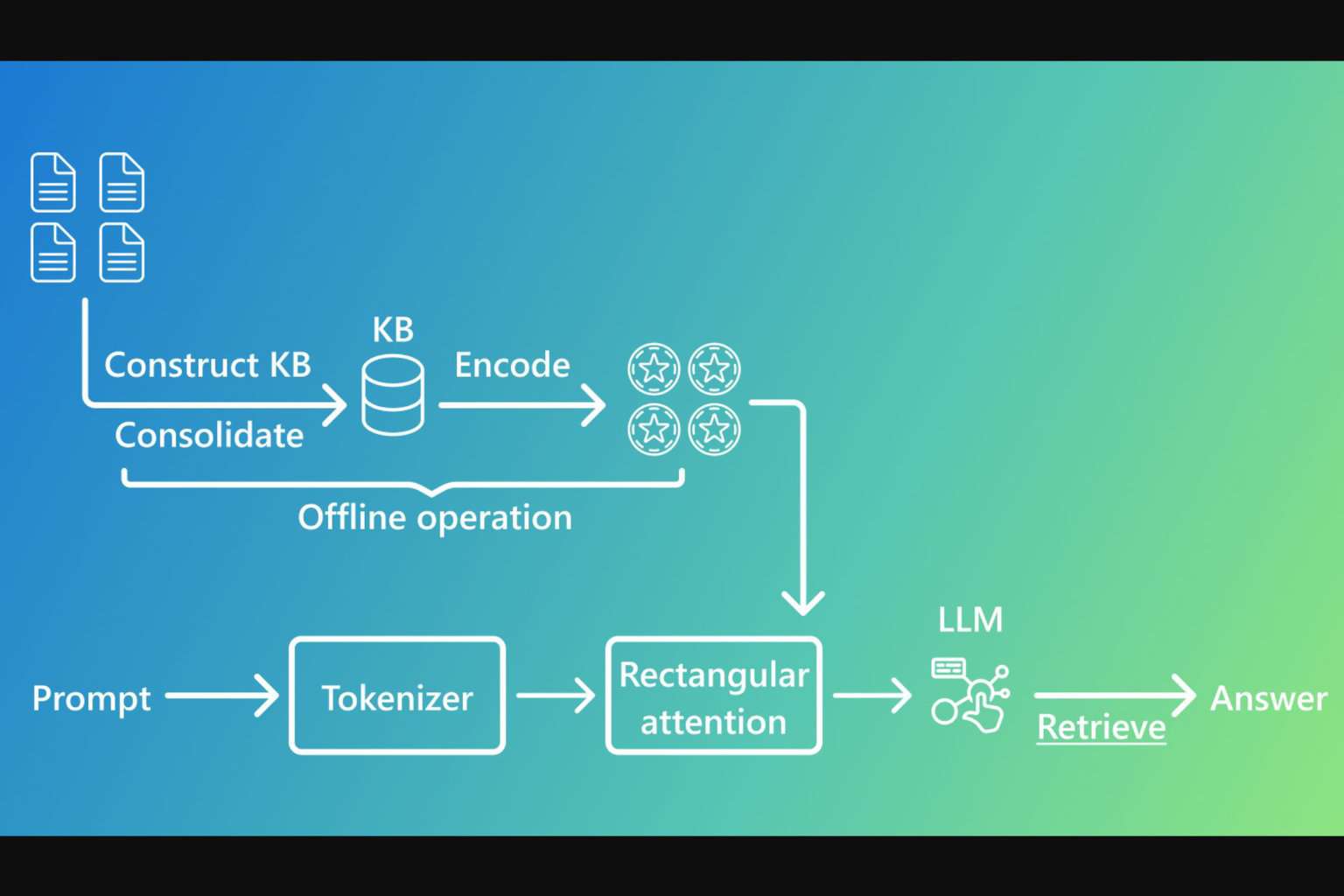
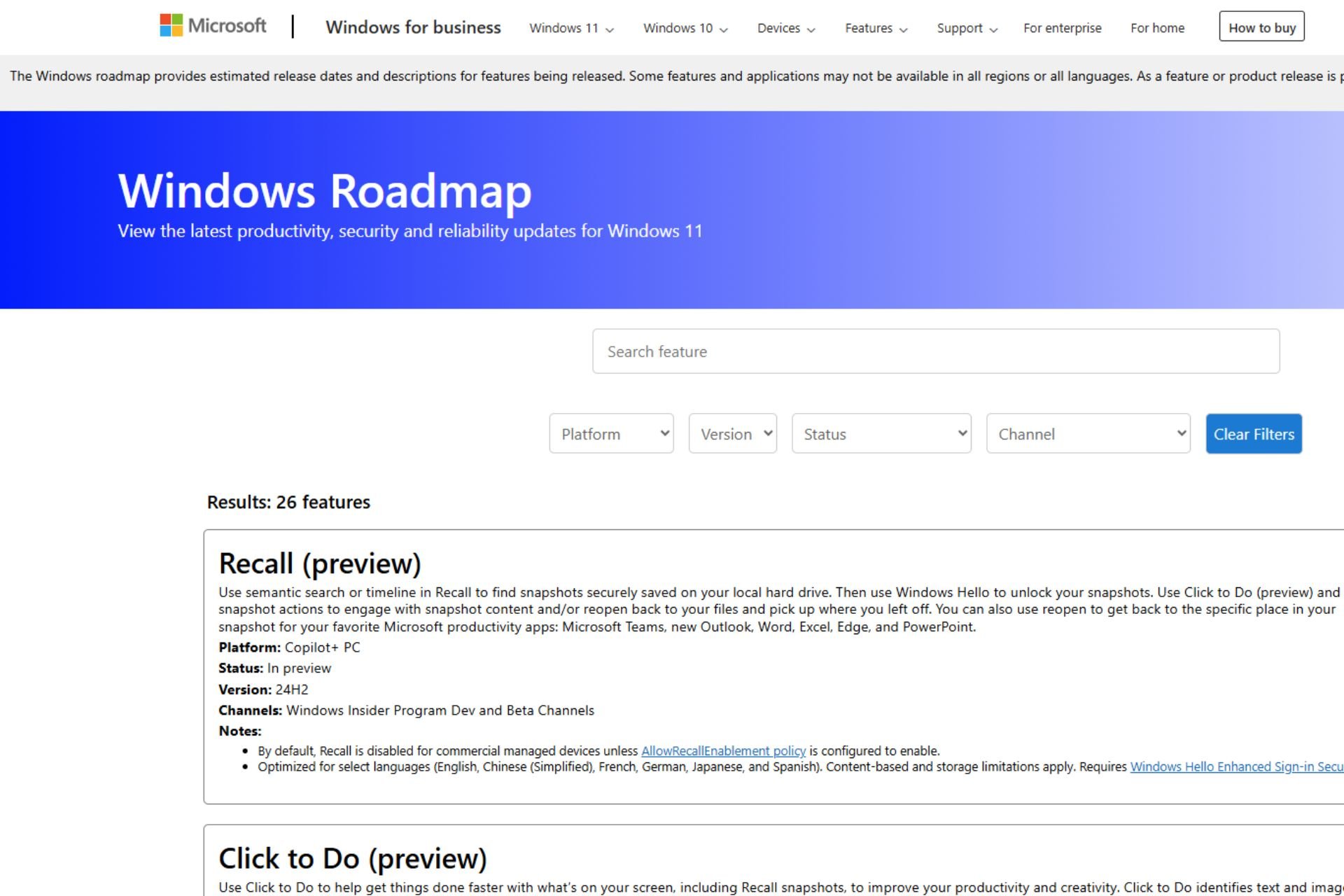
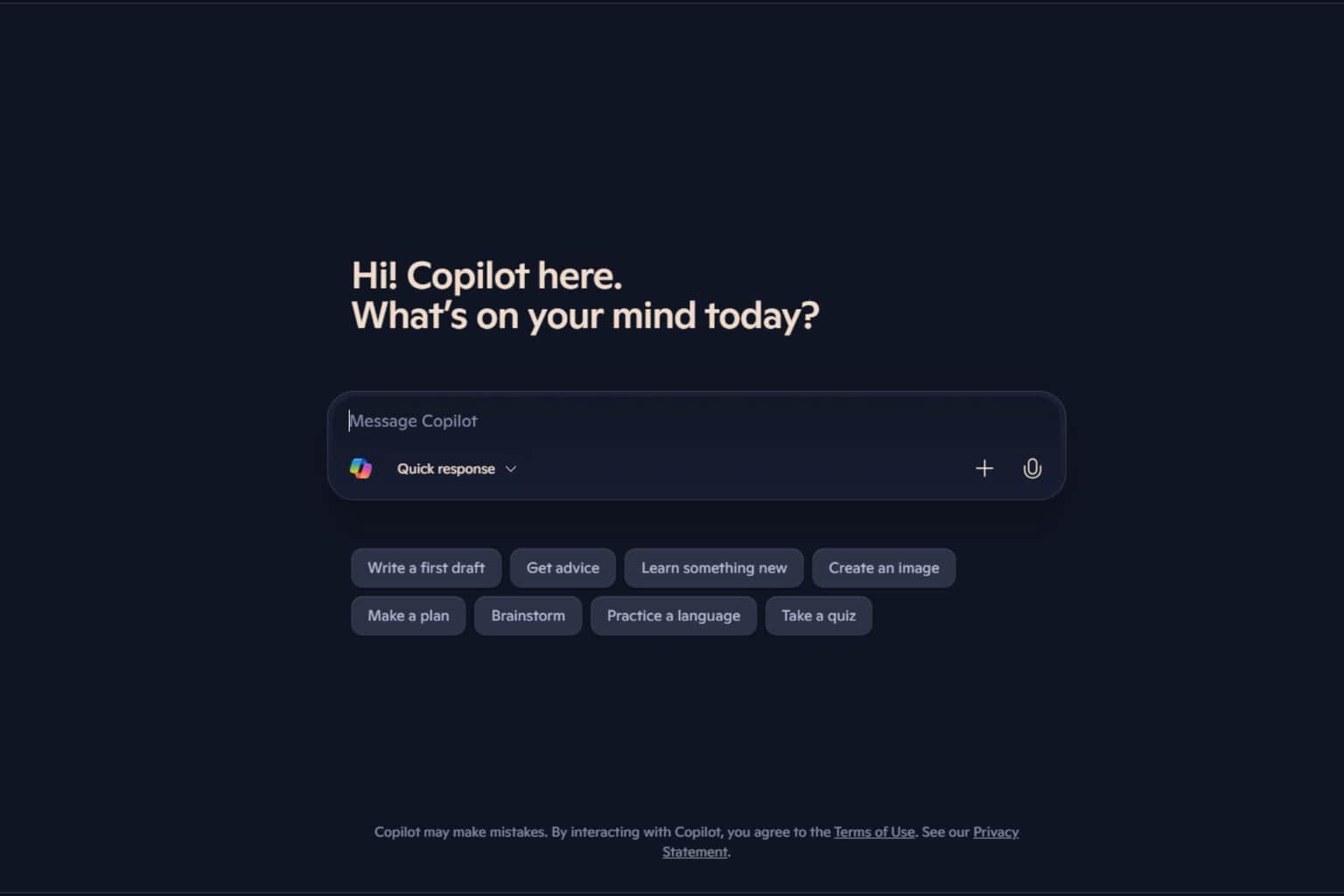
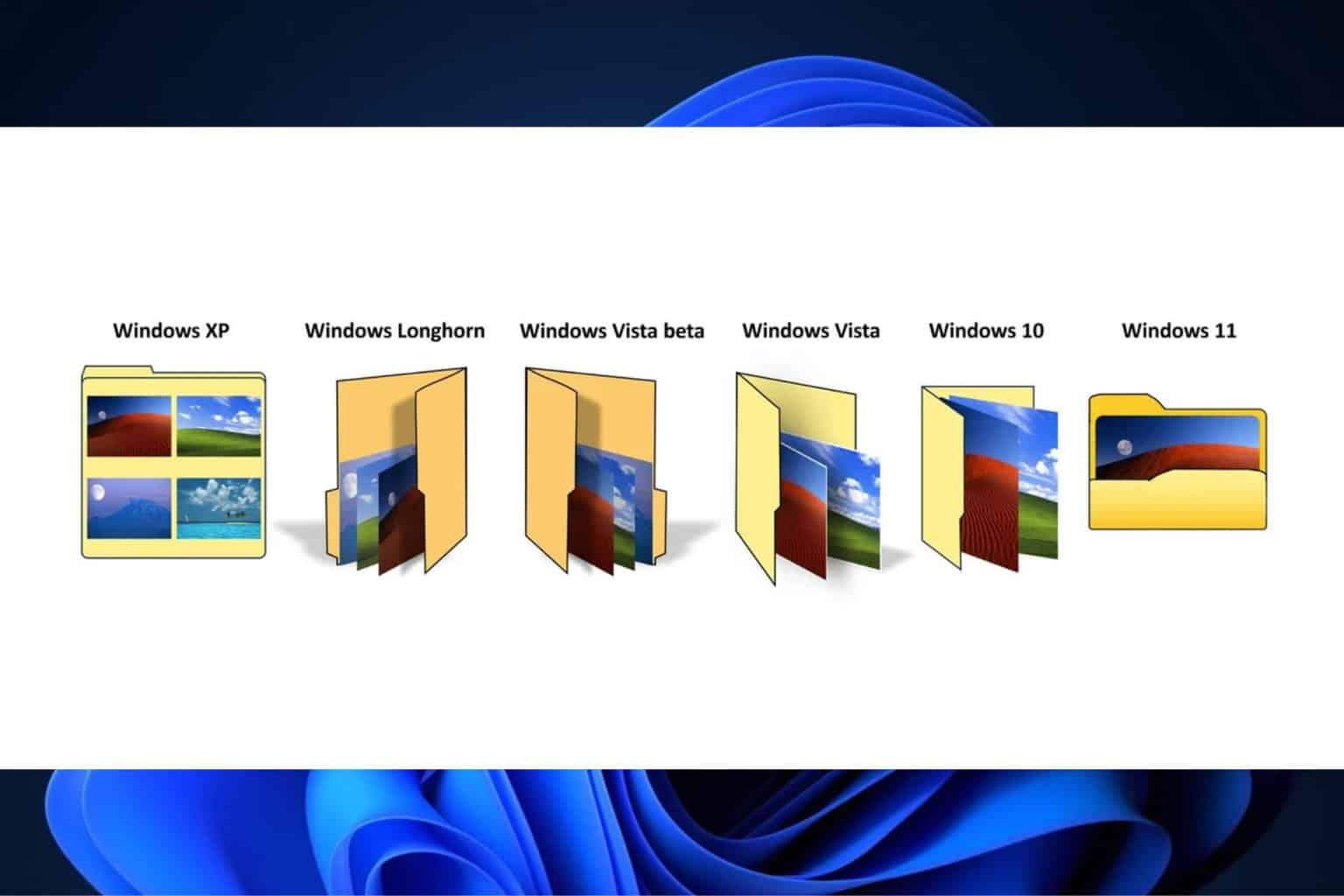


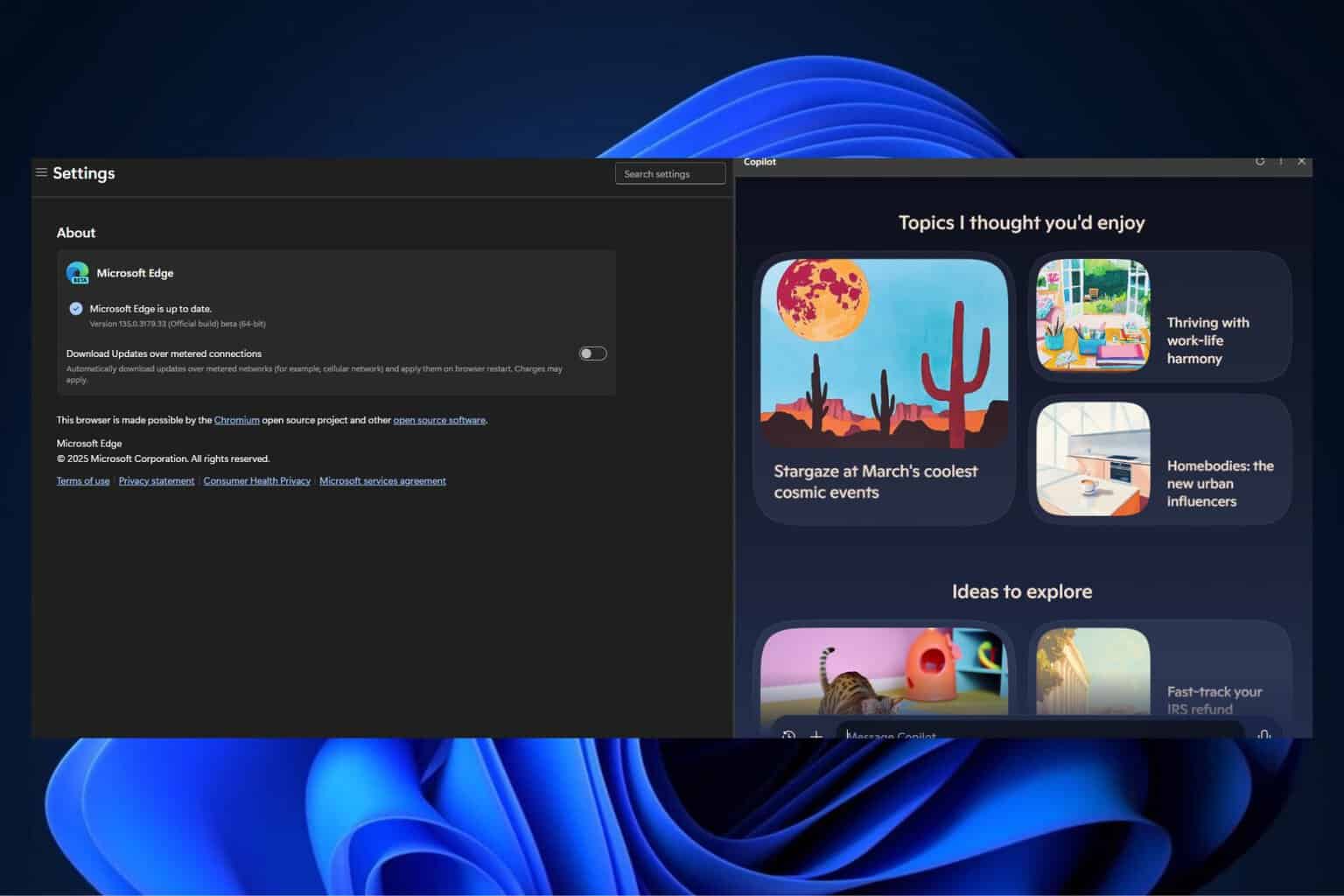

User forum
0 messages